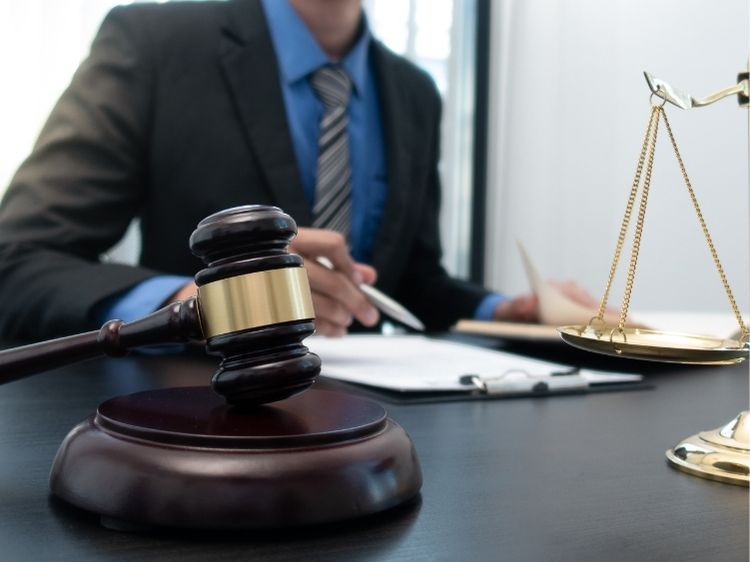What is a Non-Compliance Recall?
A non-compliance recall happens when a product fails to meet specific safety, legal, or regulatory standards. Companies must notify customers and remove the faulty product from the market. These recalls are often initiated by manufacturers, distributors, or regulatory authorities to protect public safety and maintain trust.
For example, a non-compliance recall might involve a car with faulty brakes, a toy with small parts that could choke children, or a food product contaminated with allergens not listed on the label.
Why Do Non-Compliance Recalls Occur?
Recalls can happen for many reasons. Some are due to honest mistakes during production, while others result from insufficient testing or oversight. Here are the most common causes:
- Manufacturing Defects: Mistakes during production can lead to products that don’t meet quality standards.
- Design Flaws: Even if produced correctly, a product’s design might pose safety risks.
- Regulatory Updates: Products that were once compliant may fail to meet new laws or standards.
- Inaccurate Labeling: Missing or incorrect information on labels can lead to health or safety concerns.
- Failure to Test: Skipping or rushing product testing increases the likelihood of issues.
The Impact of Non-Compliance Recalls
Recalls don’t just hurt a company’s bottom line—they also affect consumers, the environment, and industry trust.
1. On Businesses
- Financial Losses: Companies bear the costs of retrieving products, refunds, and potential lawsuits.
- Reputational Damage: A recall can tarnish a brand’s image, making customers hesitant to trust future products.
2. On Consumers
- Health Risks: Faulty products can lead to injuries, illnesses, or even fatalities.
- Inconvenience: Consumers face the hassle of returning products and waiting for replacements or refunds.
3. On the Industry
- Stricter Regulations: High-profile recalls often lead to more stringent industry standards.
- Loss of Consumer Confidence: A single recall can ripple across an entire sector, lowering trust in similar products.
Examples of High-Profile Non-Compliance Recalls
1. Automotive Recalls
The Takata airbag recall is one of the largest in history. Millions of vehicles were affected because the airbags could explode, causing severe injuries or fatalities.
2. Food and Beverage Recalls
A major peanut butter brand had to recall its products due to salmonella contamination, highlighting the importance of food safety protocols.
3. Consumer Electronics Recalls
The infamous recall of a smartphone model due to batteries overheating and causing fires emphasized the importance of rigorous product testing.
Steps to Take When a Non-Compliance Recall Happens
If you’re a business facing a recall, quick action is critical. Here’s a step-by-step guide to manage the situation effectively:
- Identify the Problem
- Conduct a thorough investigation to determine the issue and its root cause.
- Notify Authorities
- Inform regulatory bodies like the Consumer Product Safety Commission (CPSC) or Food and Drug Administration (FDA).
- Communicate with Consumers
- Issue clear and transparent statements about the recall, including instructions on what to do.
- Recover and Replace Products
- Arrange for refunds, repairs, or replacements to address the issue.
- Implement Preventative Measures
- Improve testing and quality control to prevent future recalls.
How to Prevent Non-Compliance Recalls
Prevention is always better than cure. Businesses can take proactive steps to avoid costly recalls:
- Enhance Quality Control: Regularly test products during and after production.
- Stay Updated on Regulations: Ensure compliance with current laws and standards in every market.
- Invest in Staff Training: Equip your team with knowledge about safety and compliance practices.
- Audit Supply Chains: Verify that suppliers meet quality and regulatory requirements.
- Use Advanced Testing: Leverage technology like AI or robotics for more accurate testing.
FAQs About Non-Compliance Recalls
- What happens if a company ignores a recall?
Ignoring a recall can lead to hefty fines, legal action, and even the shutdown of operations. - How are consumers notified of recalls?
Companies often use press releases, direct notifications, and social media to inform customers about recalls. - Are all recalls mandatory?
No, some recalls are voluntary, initiated by the company to maintain goodwill and avoid legal trouble. - Can I still use a product that has been recalled?
It’s not advisable. Recalled products pose potential risks, so it’s better to return or replace them. - How long does a recall process take?
The timeline varies but typically includes an immediate investigation followed by weeks or months of corrective actions.
Summary
Non-compliance recalls are a significant challenge for businesses and consumers alike. They arise when products fail to meet regulatory standards, posing risks to safety and health. While the impacts of recalls can be severe, companies can minimize the fallout by responding quickly and transparently. More importantly, businesses can prevent future issues through rigorous testing, compliance checks, and quality assurance.
By understanding the causes and consequences of non-compliance recalls, both businesses and consumers can take steps to ensure safety and trust in the marketplace.
Authoritative Links for Further Reading:
- Consumer Product Safety Commission (CPSC): https://www.cpsc.gov
- Food and Drug Administration (FDA): https://www.fda.gov
- National Highway Traffic Safety Administration (NHTSA): https://www.nhtsa.gov
- Recalls.gov: https://www.recalls.gov

